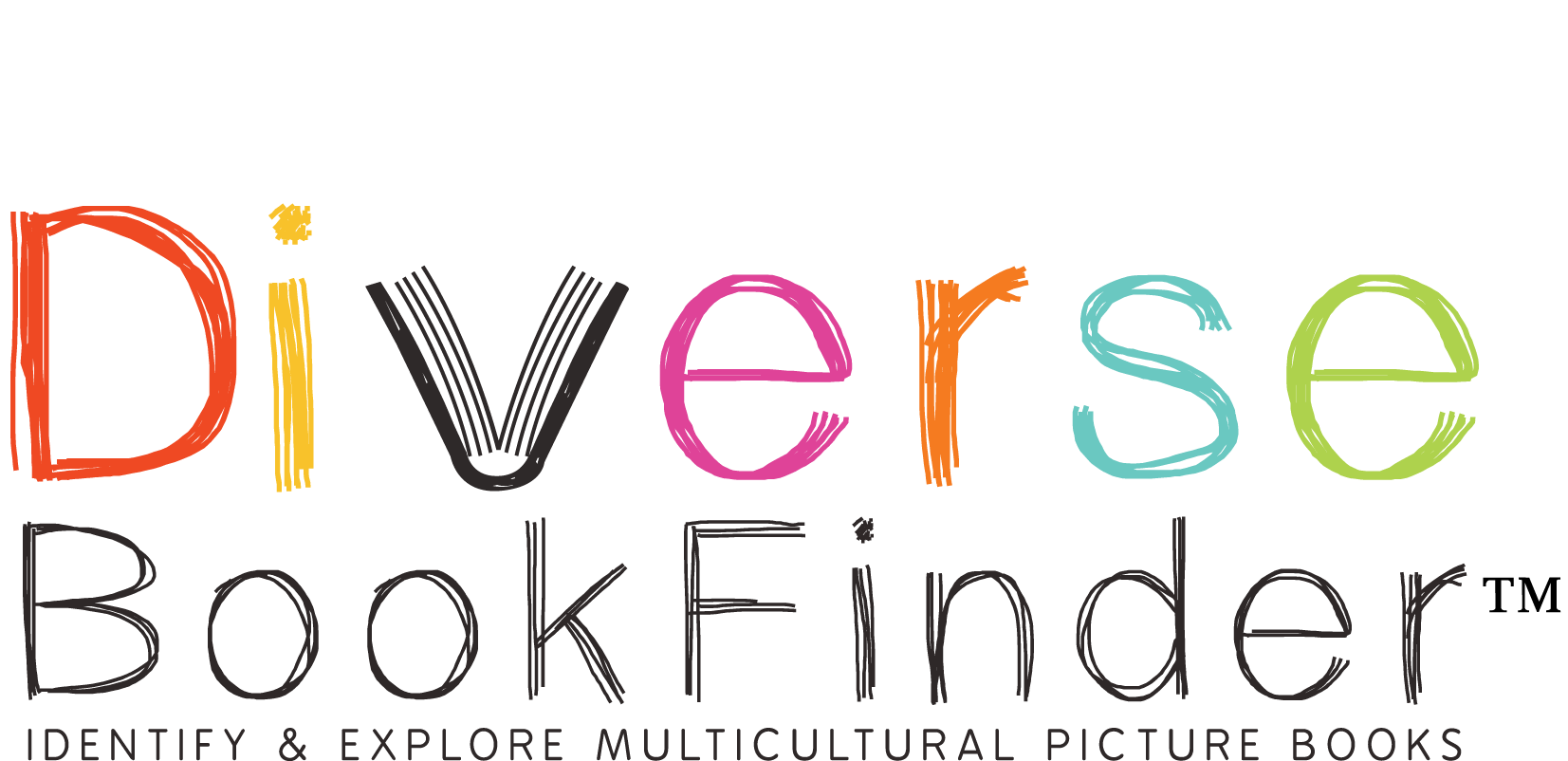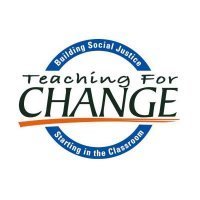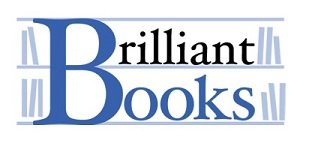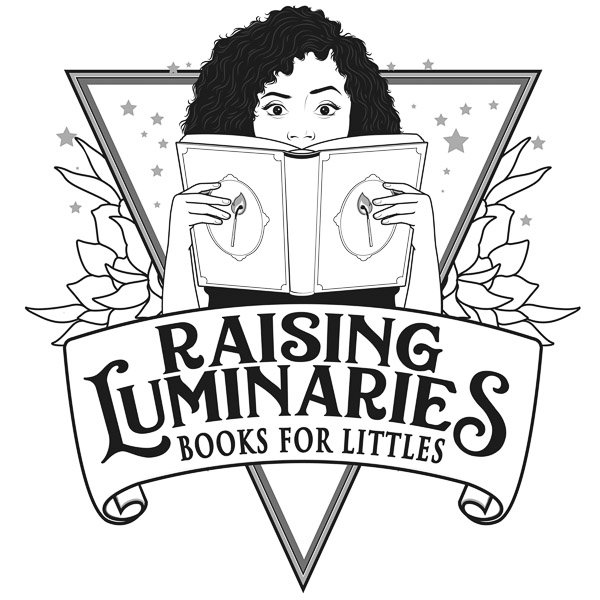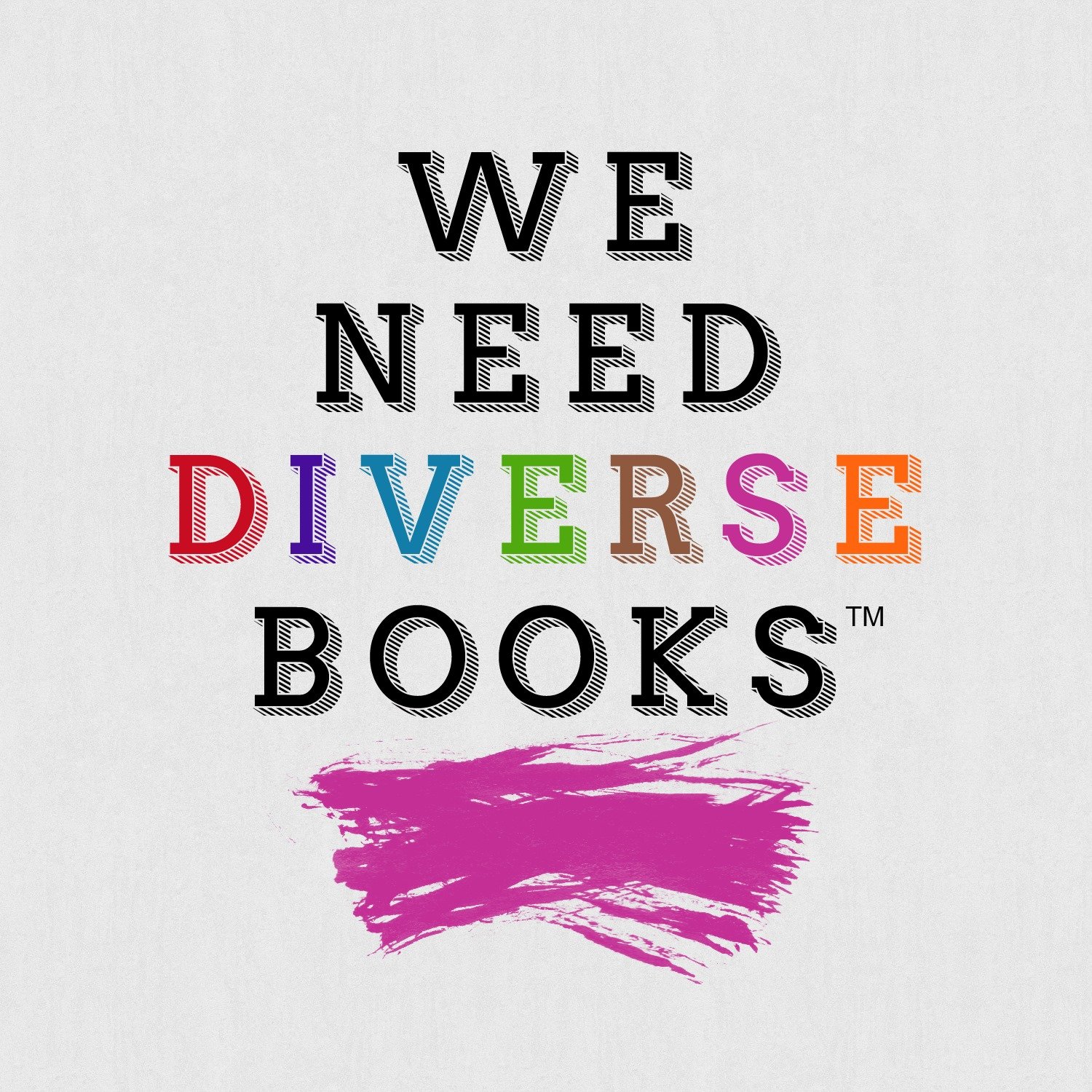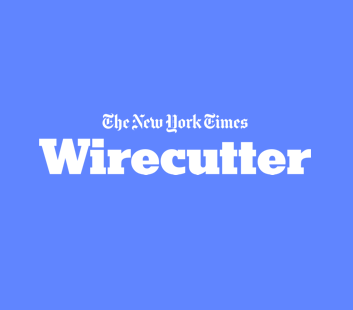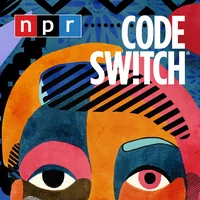Going Deeper + Further with DEI
Every year I find myself catching my breath around late October, as the crisp air, autumn leaves, and shifting light of fall remind me that summer is firmly in the rearview, and the school year is well underway. The introvert in me loves what this season dictates: slow down, get cozy, reflect on all the year has brought, and consider how to move forward into a new one. We’ve all felt the whirlwind of the last couple of years, as we’ve directed so much of our energy toward staying afloat and surviving, taking one day at a time, unsure of what the future will hold. This summer and early fall, however, I have felt the tension slowly releasing, as I find myself calming down, breathing deeper, and turning toward a more certain and stable future. So now, as I catch my breath, I can’t think of a more fitting GUS theme to reflect on as I think about our DEI work for the year ahead: Going Deeper + Further.
Last year our theme was “Mean Well, Speak Well, Do Better,” and these words guided our DEI work from August to June. We began the year asking the GUS community to engage with topics around antiracism and white privilege, both in our classrooms and at home. At GUS, we saw teachers and students dive into this work, taking action in a variety of ways throughout the year, and we provided resources and a shared racial equity habit-building challenge that invited the full GUS community to join us along the way. The GUS Board of Trustees echoed our commitment to becoming an antiracist institution, and formed a Diversity, Equity, and Inclusion committee in December 2020. In June, we ended our year with a new diversity statement and a DEI plan, developed by the Diversity, Equity, and Inclusion committee, which will guide our DEI work at GUS over the next five years. When I look back over the last school year, I am proud of this collection of small but important steps we have taken as a community as we work continuously to not just mean well and speak well, but to do better as an institution.
In this new school year, backed by the board and the investment of our full community, we are ready to go deeper + further as we work towards the goals we outlined in our DEI plan. Our faculty focus is on the GUS program charge, which asks us to develop a curricular + co-curricular program that is anti-bias, anti-racist, and multicultural, supported by culturally responsive faculty and staff. This year, we will be delving deeper into our curriculum content as we work towards this goal, while also continuing to reflect on ourselves as individuals; the work of becoming a more inclusive school will not only happen through changes we make to our curriculum, but through reflection, dialogue, and continual examination of our deeply-held beliefs, values, and biases.
We began our year thinking about the language we use on a daily basis, and how to ensure that we are using language that is inclusive and allows every member of our community to feel seen, understood, and respected. We were inspired by the work done by the faculty of The Gordon School, an independent school in East Providence, Rhode Island, who put together a guide to inclusive language called ‘Words Matter’. Our own reflections as a faculty led us to begin the year, in all of our classrooms, by talking with students about gender pronouns during our back-to-school introductions. While these conversations sounded different across grade levels, the common message was that we all have the right to decide what our words are, and to have every person in our community know them and use them. I cannot think of a better, more joyful way to begin our school year, knowing that all of our students were given a safe and supportive environment to share their words and to know that they could bring their full self to school, and be seen by their classmates and teachers.
As we work toward ensuring that our curriculum is inclusive, we are doing it the best way we know how: through inquiry. In keeping with our theme of going deeper + further, we are not stepping outside of ourselves as a school - we are doubling down on what we believe about learning: which is that asking questions, learning through experience, and using inquiry as our guide is the best way to deepen what we know about ourselves and the world, and to go further with our actions. To this end, our faculty have decided to use three questions to anchor our inquiry process: who writes the stories, who benefits from the stories, and who is missing from the stories? We first looked at these questions in the spring, and talked about how they could be used as a tool to examine our curriculum with a DEI lens. The questions are simple, yet broad and open-ended; they can be used by teachers alone, but can also be shared with students and community members. When we shared these questions with students at a recent All School Meeting, we explained that it is important for us to seek out and hear as many stories as possible, because the more stories we know, the more we are able to learn and understand about our world. The simplicity of these questions and this message allows every member of our community to engage in inquiry together, as we share the work of digging deeper into the stories we hear about the past and the present. What we learn in this process can then empower us to go further in our shared actions to make our communities more diverse, equitable, inclusive, and just places.
We invite you to join us in our mission to go deeper + further this year
Here are some suggestions for getting involved - as is GUS tradition, it is up to you to decide whether you want to go deeper or take your work further!
GUS maintains a growing collection of resources on the Diversity, Equity, and Inclusion page on our website - if you don’t know where to start, bookmark this page and check in from time to time.
Stay in-the-know about how we are talking with students at GUS about topics connected to Diversity, Equity, and Inclusion by reading our weekly Bulletin and monthly Newsletter. Think you might have missed something? Check the continually-updated Taking Action on Campus section of our Diversity, Equity, and Inclusion page.
Did you miss our racial equity challenge last January, or are you ready to do it again? It’s always a good time to dig in: A New Year’s Resolution Towards Racial Equity.
Find opportunities to talk with your kids about the 3 questions, in relation to current and/or historical events. Holidays, for example, are one way to begin the conversation. Talk with your child about why some cities have decided to change Columbus Day to Indigenous People’s Day, or talk about Thanksgiving using the 3 questions as a starting point. Feel like you don’t have all of the answers? That’s OK! Do the research together while you ask the questions, and use it as an opportunity for shared family inquiry.
Read children’s books about diverse subjects, with diverse characters, and use these stories as an opportunity to go deeper + further in family conversations. Storytime with picture books works for all ages, but there are also chapter books for upper elementary and middle school students that could be read as a family book group! Here are several good sources:
Educate yourself through literature - read on your own, or form a book club with other parents. Here are some adult book lists:


